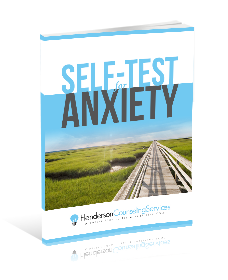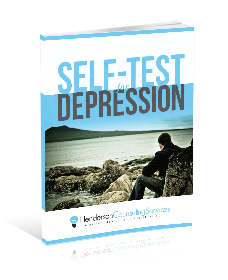Stress Management
What is stress?
 Stress is a natural response of our body and mind to potential dangers in our environment. Stress is essentially feeling pressured by various situations, both internal and external. Contrary to popular belief, stress isn’t always a bad thing. It can serve to motivate us, for example, to prepare for an important project and even to perform better on a task. Additionally, stress can protect us from physical danger. When potentially threatened, the body prepares itself for defense and switches in to “flight or fight” mode, a system that helps us to prepare and respond quickly to threats. Hormones such as adrenaline are released during stress that help our body do some pretty amazing things, such as finding a burst of energy that might help us to quickly jump out of the way of an oncoming car. While stress can be healthy and productive in short amounts, prolonged exposure can take a toll on our body, mind, and emotions. It is also important to know that what one person perceives as stressful may not be viewed as stressful by you. It’s therefore important that everyone identify sources of stress in their own lives so that it can be effectively managed.
Stress is a natural response of our body and mind to potential dangers in our environment. Stress is essentially feeling pressured by various situations, both internal and external. Contrary to popular belief, stress isn’t always a bad thing. It can serve to motivate us, for example, to prepare for an important project and even to perform better on a task. Additionally, stress can protect us from physical danger. When potentially threatened, the body prepares itself for defense and switches in to “flight or fight” mode, a system that helps us to prepare and respond quickly to threats. Hormones such as adrenaline are released during stress that help our body do some pretty amazing things, such as finding a burst of energy that might help us to quickly jump out of the way of an oncoming car. While stress can be healthy and productive in short amounts, prolonged exposure can take a toll on our body, mind, and emotions. It is also important to know that what one person perceives as stressful may not be viewed as stressful by you. It’s therefore important that everyone identify sources of stress in their own lives so that it can be effectively managed.
Stress or Anxiety – What’s the Difference?
Sometimes it’s hard to tell the difference between stress and anxiety, and often the terms are used interchangeably, though there are some differences that are important when it comes to accurate diagnosis. While both conditions can lead to symptoms such as worry, fatigue, and difficulty sleeping, stress is usually a short-term response to an immediate and usually identifiable threat. The effects of stress, therefore, typically disappear when the situation is resolved. Anxiety, on the other hand, is a more chronic and sustained mental health disorder that does not go away when a particular threat is neutralized. Stress and anxiety can certainly be related, with stress often contributing to symptoms of anxiety. A discussion with your doctor or mental health professional can often help you to determine the role stress or anxiety in your life. Signs of stress: Immediate signs of stress include changes in breathing, blood pressure, and heart rate, as well as increases in muscle tension. Prolonged periods of stress, however, can contribute to a variety of emotional and physical symptoms, including to serious chronic illness, increasing risk for cardiovascular events, for example. Other signs of stress over time can include:
- Insomnia
- Weight gain
- Headaches
- Digestive issues
- Poor concentration
- Anxiety and depression
- Relationship difficulties
- Fibromyalgia
- Hair loss
Managing Stress
In our fast-paced culture, we often find ourselves juggling multiple demands, deadlines, commitments, and other needs all at once. Dealing with stress is therefore, inevitable. However, if symptoms start to appear or your stress feels unmanageable, it might be time to consult with your physician. Often your doctor will help you to first obtain medical treatment for stress, if needed. They will also often advise working with a mental health professional to help you to identify sources of stress and learn more effective coping techniques to better manage stressors in your life. Some recommended ways of minimizing the effects of stress in our lives include
- Getting sufficient sleep
- Eating balanced meals
- Avoiding excessive alcohol use
- Avoid multi-tasking
- Pray, meditate, or engage in mindfulness practice
- Exercise
- Talk to a trusted friend, confidant, or a mental health professional
- Just say “No” to set healthier boundaries for yourself.
If you are considering learning to better manage stress in your life, you might want to consult a mental health professional. Our caring therapists at Counseling Solutions of West Michigan are committed to helping you to identify areas that contribute to feelings of stress and anxiety in your life, with a goal of helping you to experience greater confidence in your ability to manage your life, as well as increased freedom and joy in your life.
Counselors Who Can Help
To make an appointment, please use contact information below






